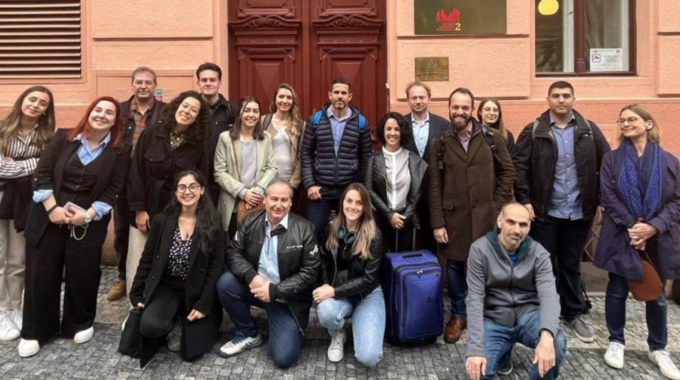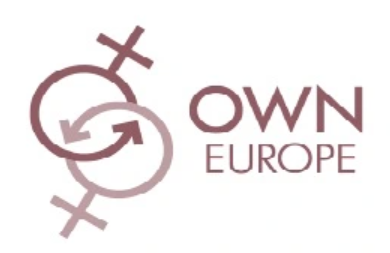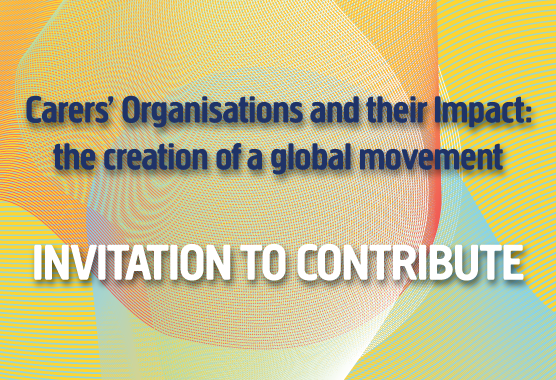
Welfare technology for older people and their informal carers in a Swedish context
A newly published PhD thesis on welfare technology for older people and their informal carers in a Swedish context that Maria Nilsson Phd student at Linnaeus University and the Swedish Family Care Competence Centre will defend on Friday 16 June
The Swedish welfare system, specifically health- and social care for older people, are under significant pressure. An aging population, a decrease in working-age individuals willing to work in health- and social care services, and an expected increase in the care needs of older people with chronic illnesses create increasing challenges for municipalities and regions to fulfil their mission. Welfare technology and digitalisation are promoted as the solution to meet these challenges and to maintain quality in health- and social care services. The newly published thesis “Unpacking the welfare technology discourse – An analysis of society’s perceptions of formal and informal care of older people” examines the driving forces behind this development and the subsequent view of older people and their informal carers and the view on health and care.
Welfare technology is a concept used in a Nordic context, referring to digital technology for safety and security, compensation of capabilities, social contacts, or communication and treatment in healthcare.
The notion of welfare technology as the solution in the health- and social care of older people, put forward in political debates, policy documents, and media by politicians and officials at all levels, is seen as the dominant discourse (i.e., reasoning, ideas, ideals, and arguments) in the Swedish governance of health- and social care services for older people. This discourse is referred to as the welfare technology solution discourse in this thesis.
The central arguments of the thesis are:
- Health and social care interventions and services using welfare technology should be targeted towards participation in, and contribution to the community and larger society in accordance with the UN resolution (75/131, 2020) for an inclusive society.
- The concept of health in old age needs to be understood much more broadly than simply activity and independence, underlining how we are all in interdependent relationships with each other and with the environment.
- Informal care of older people needs to be lifted up on the political agenda at all governmental levels. It needs to be illuminated in its complexity, moving informal carers from the shadows to the forefront. A public debate, informed by research, seeking to understand and negotiate the role of informal care for older people in the current Nordic welfare state is arguably called for.
- Formal and informal care of older people should place relationships at its centre, including all relationships that unfold between health and social care practitioners, older people, informal carers, families and the wider community.The relationship-centred care concept could serve as a guiding principle in this regard.
The doctoral project at Linnaeus University has been part of the research at The Swedish Family Care Competence Centre (SFCCC) and the research programme Sustainable Care: Connecting People and Systems at the University of Sheffield. Maria Nilsson is a member of the Early Career Researchers network, supported by the Sustainable Care programme.
The thesis is published Open Access; a link to the full-text can be found here.
Maria’s thesis defence will take place at Linnaeus University in Kalmar on the 16th of June 10.00 CET, as a hybrid event on Zoom. Her opponent will be Professor Teppo Kröger, University of Jyväskylä. More details and information on receiving a Zoom link are available here.
Maria Nilsson, Elizabeth Hanson, Nka, 23-06-01.





